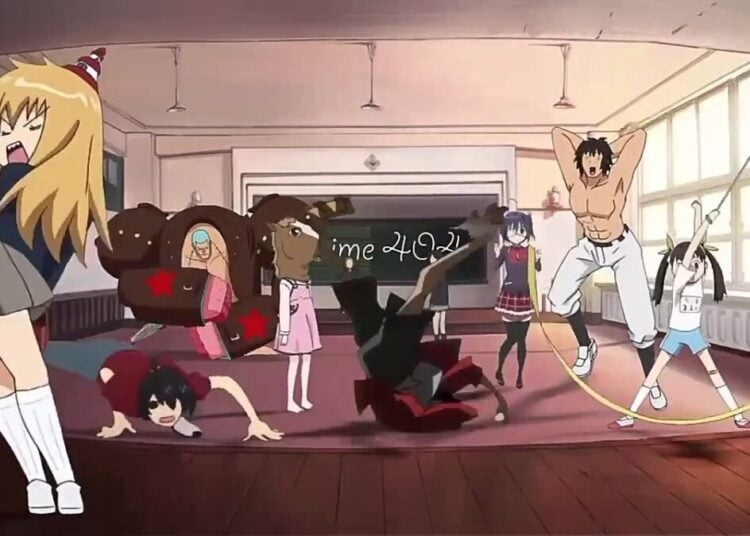I’ve written before about how different regions of Japan go out of their way to establish meibutsu (famous local speciality), some food or product that they hope will come to represent them and bring in tourist dollars. This trend is common in Japan’s sprawling capital of Tokyo, too, and different parts of the city are well-known for different things. Looking for ramen? Just go to the bustling Ikebukuro district, and you’ll find dozens of shops there. Ochanomizu, where Meiji University is located, has made a name for itself with guitar shops, while down the road you can find many used bookstores. Take a trip to Roppongi if you want to find some interesting bars and clubs, often employing Nigerians who hand out discount coupons to people on the street while pretending to be American (but no one is fooled). The Tsukishima area is famous for monjayaki, a pancake-like dish cooked on an open griddle, while you can find good unagi (Japanese eels) in Asakusa. And of course, everyone knows that Akihabara is the place to go for electronics in Tokyo. While Tokyo is a big concrete jungle that can really tire you out, it’s also very much alive.
Each country is different, and the kinds of subjects that make good drama or comedy on television are probably just as unique. In Japan, one popular topic for depicting human drama is juken jigoku, the college entrance exam hell that eighteen-year-olds who want to go to university must endure. A story about a love story that comes to its resolution during a young person’s juken study would be a very interesting Japanese story. A popular long-running drama is Wataru Seken wa Oni Bakari (“All Who Pass in this World are Ogres” although the official English title seems to be “Making It Through”) which details the life and times of an extended Japanese family with five daughters. The problems they encounter range from the mundane, like fights between Nagako and her heinous mother-in-law, to issues far more serious like divorce and how to take care of aging parents.
The Japanese use a lot of English, but it’s not always easy for gaijin to figure out what what’s being said. “Punk” doesn’t mean a tough-looking guy, but a flat tire (from the word puncture). If someone is “cunning” in Japan, it means they’re cheating on a test. For some reason, the English word “glamor” has come to mean women who are well endowed. The “number” of a car refers to its license plate, something that threw me when I first heart it while hitchhiking in Northern Japan. If you “rinse” your hair, you’re applying cream rinse, and if you live in a “mansion” it means you live in a nice townhouse that you own yourself. Living in Japan can be wacky!
J-List specializes in wacky Japanese T-shirts, high quality 6.1 lb 100% cotton shirts with fun messages in kanji. Now that summer is upon us, we’ve got some new shirt designs for girls that will make you look super. First, by customer request, we’ve got a “looking for a Japanese boyfriend” shirt in the same style as our best-selling “girlfriend” design, with block kanji surrounding a pink circle. We’ve got a fitted cap sleeve tee as well as a stylish spaghetti top. We’ve also got a new black “Ai-Mode” tank top for girls with sparkly pink lettering that looks great. Great limited edition T-shirts for the summer!















